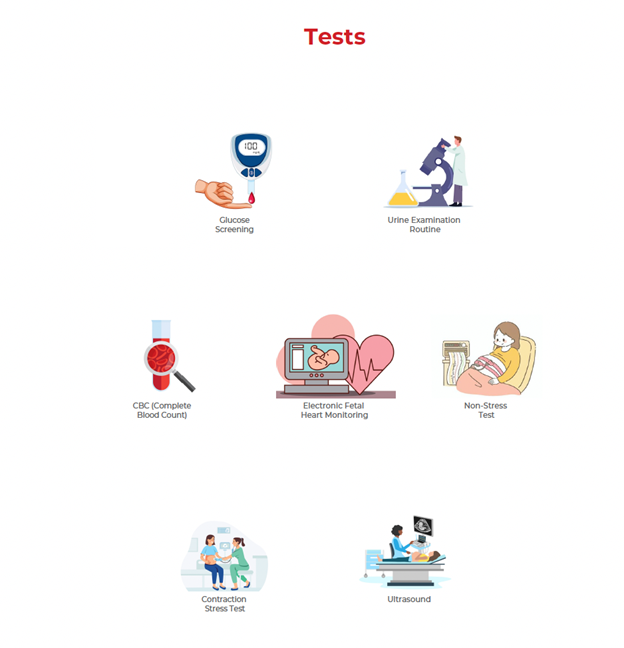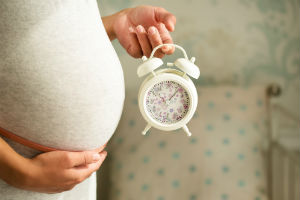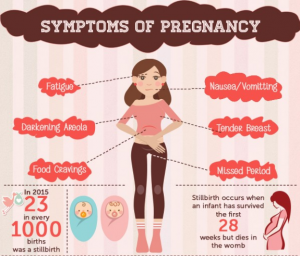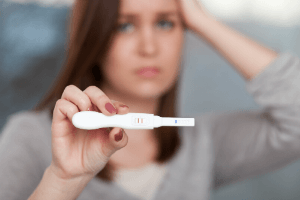The Third Trimester of Pregnancy
Overview
The third trimester is the final stage of pregnancy and starts from week 27 and extends till delivery. The 3rd trimester of pregnancy can be both physically and emotionally challenging for a pregnant woman. As a woman may face some major complications during the last trimester of pregnancy, the doctor may recommend more frequent prenatal visits to keep a closer watch on the mother and baby’s health.
Let us go over different types of third trimester prenatal tests recommended by the doctor in the next sections.

What happens during the Third Trimester?
The third trimester marks the home stretch, as a woman gets ready for the birth of her baby. The fetus also continues to grow in weight and size. Some of the physical symptoms during this period include shortness of breath, hemorrhoids, urinary incontinence, varicose veins, and sleeping problems. Many of these symptoms arise from the increase in the size of the uterus.
It is highly important to get checked and tested regularly along with maintaining a healthy weight, eating a balanced diet, and even exercising mildly to stay fit for the upcoming delivery.
What are the Symptoms of the Third Trimester?
The third trimester of pregnancy can be physically and emotionally challenging. The symptoms of third trimester include:
- Braxton Hicks contractions
- Shortness of breath
- Hemorrhoids
- Urinary incontinence
- Sleeping problems
- Varicose veins
- Backaches
- Heartburn
What are the important Third Trimester Tests?
Some of the important tests that may be recommended in the third trimester weeks are as below.
- Glucose Screening Test: This test is used to detect diabetes in a pregnant woman. Pregnancy can lead to induced diabetes which if not controlled, can result in overly large babies, a broad range of health problems for the mother and the baby, and even difficulty at the time of delivery.
- Urine Examination Routine: This test is used to detect a range of medical conditions such as kidney infection, diabetes, and urinary tract infection. It also detects protein, which could indicate the presence of preeclampsia, a pregnancy-induced disease that is accompanied by high blood pressure.
- CBC (Complete Blood Count): This blood test is done to determine any health issues a woman may have developed. It monitors the red blood cells that carry oxygen throughout the body and also determines the count of red blood cells, white blood cells, and platelets.
- Electronic Fetal Heart Monitoring: This test is done during the course of pregnancy, at the time of labor, and once during delivery to monitor the heart rate of the fetus, and ensure everything is absolutely fine.
- Non-Stress Test: This test is usually performed on a regular basis in high-risk pregnancy cases, such as when a woman is carrying twins or has diabetes, or has high blood pressure. The test aids in monitoring the baby’s heart rate as it moves in the womb.
- Contraction Stress Test: This test is also recommended in high-risk pregnancy cases. During the test, a fetal monitor measures the baby’s heart rate when the womb is contracted either by oxytocin or nipple stimulation. Gynecologists use this technique for predicting the baby’s response to labor stress.
- Ultrasound: Third trimester ultrasounds are used to examine the placenta and check the baby’s position and growth. Biophysical profile can also be done with an ultrasound to see whether the baby is getting enough oxygen.















